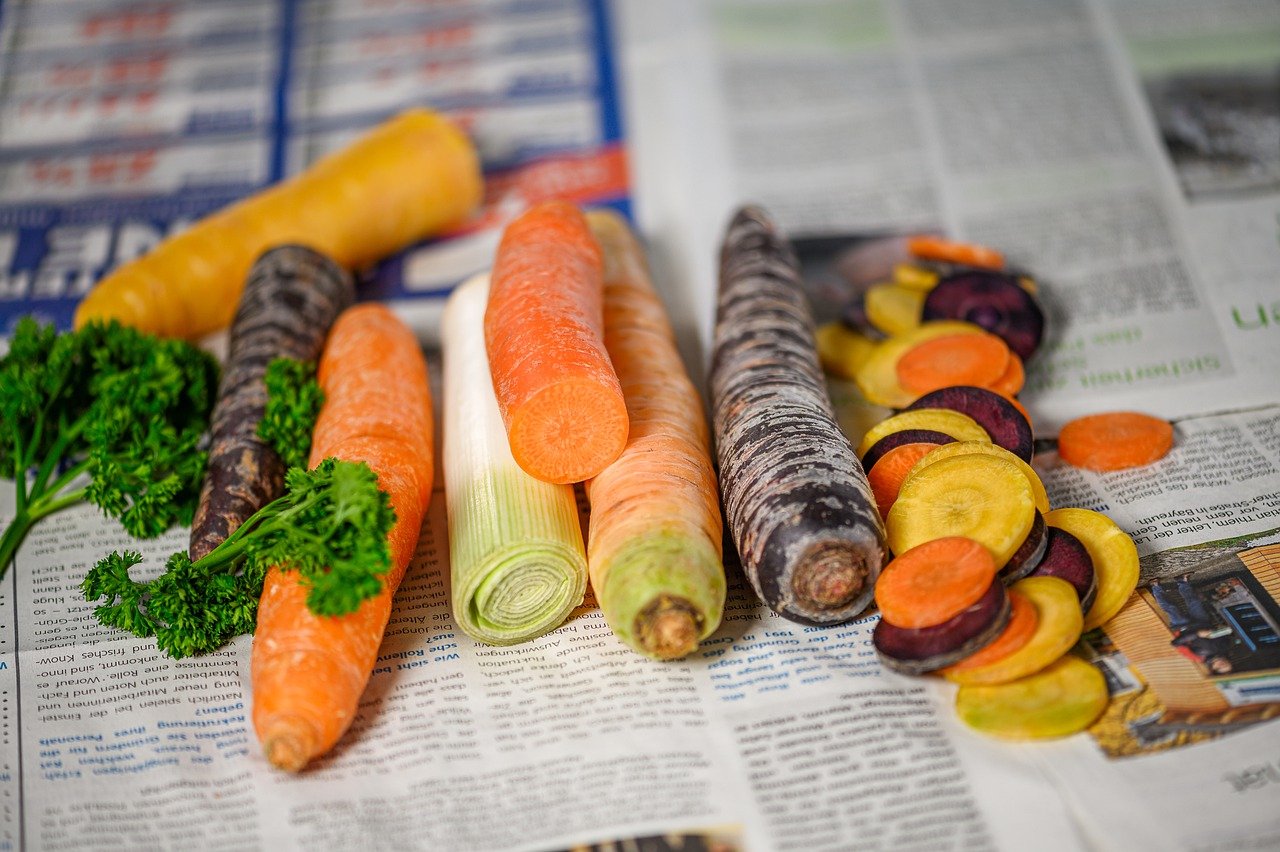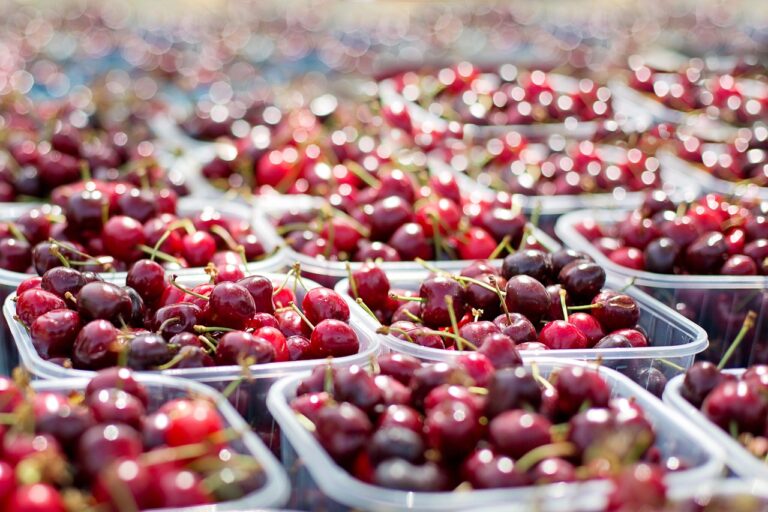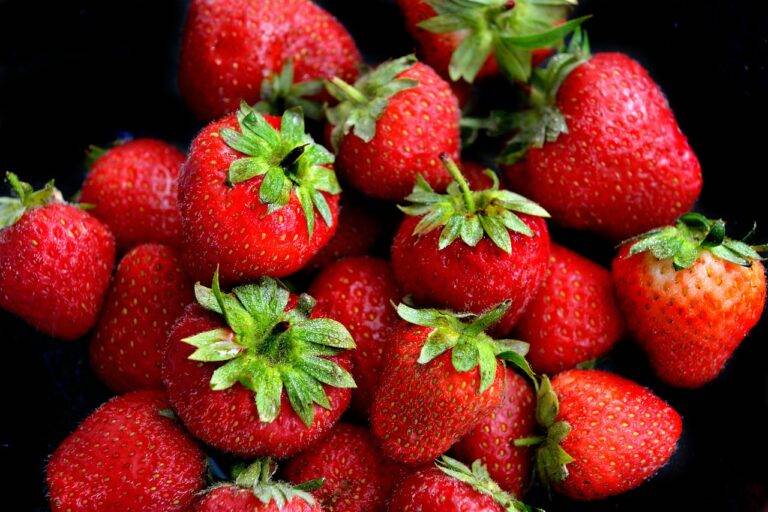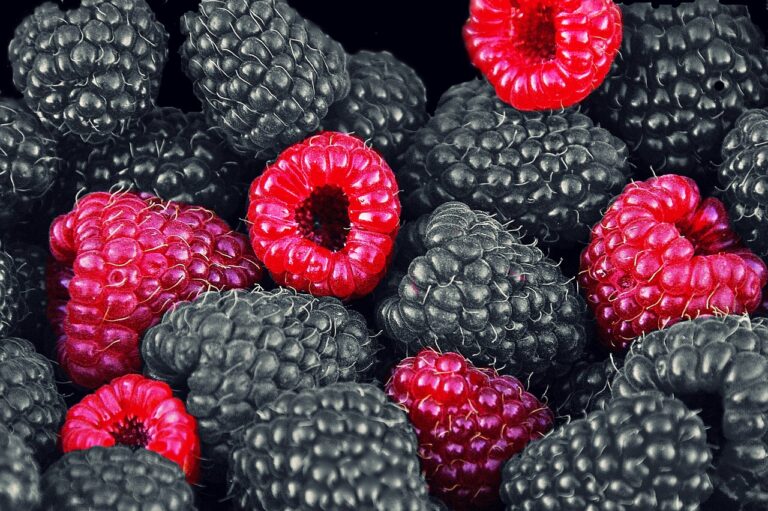Analyzing the Influence of Food Additives on Food Mouth Coating Prevention
betbhai99, radhe exchange download apk, 99 exchange login: Food additives are substances added to food to preserve flavor or enhance its taste, appearance, or other qualities. They come in various forms, such as colors, flavors, preservatives, and texture enhancers. While food additives play a vital role in the food industry, there is growing concern about their impact on human health. In this article, we will focus on analyzing the influence of food additives on food mouth coating prevention.
Understanding Food Mouth Coating
Food mouth coating, also known as mouthfeel, is the sensation created by food or drink in the mouth. It includes aspects such as texture, temperature, taste, and aroma. Mouth coating can be influenced by various factors, including the composition of the food, the presence of certain additives, and individual preferences.
Food additives can significantly impact mouth coating by altering the perceived texture, taste, and overall eating experience. Some additives may create a slimy or greasy sensation in the mouth, while others may enhance smoothness or creaminess. Understanding how food additives affect mouthfeel is crucial for food manufacturers to create products that meet consumer expectations.
Analyzing the Influence of Food Additives
1. Emulsifiers
Emulsifiers are food additives that help mix ingredients that do not normally combine easily, such as oil and water. They are commonly used in processed foods to improve texture and stability. Emulsifiers can have a significant impact on mouth coating by creating a smooth, creamy texture. However, excessive use of emulsifiers may lead to a greasy or slimy mouthfeel, which can be unpleasant for some consumers.
2. Stabilizers
Stabilizers are additives that help maintain the structure and consistency of food products. They can improve mouthfeel by enhancing thickness, creaminess, or chewiness. Stabilizers are often used in dairy products, desserts, and sauces to create a pleasant eating experience. However, like emulsifiers, stabilizers can also contribute to mouth coating issues if not used in the right proportions.
3. Sweeteners
Sweeteners are additives that enhance the sweetness of food products without adding calories. They can influence mouth coating by providing a satisfying taste experience. However, some artificial sweeteners may leave a lingering aftertaste or sticky sensation in the mouth. Natural sweeteners, such as honey or maple syrup, are preferred by some consumers for their clean and smooth mouthfeel.
4. Flavor enhancers
Flavor enhancers are additives that intensify the taste of food products. They can contribute to mouth coating by creating a rich, savory, or umami flavor profile. Flavor enhancers like monosodium glutamate (MSG) are commonly used in savory snacks, soups, and sauces to enhance taste. However, excessive use of flavor enhancers can lead to overpowering flavors that mask the natural taste of food.
5. Preservatives
Preservatives are additives that help extend the shelf life of food products by inhibiting microbial growth. They can influence mouth coating by maintaining freshness and texture. However, some preservatives may leave a chemical or metallic taste in the mouth, which can affect the overall eating experience. Consumers are increasingly seeking natural preservatives, such as vinegar or citrus extracts, for a cleaner mouthfeel.
6. Antioxidants
Antioxidants are additives that prevent food from spoiling due to oxidation. They can impact mouth coating by preserving the color, flavor, and texture of food products. Antioxidants like vitamin E or rosemary extract are used in oils, nuts, and processed meats to maintain freshness. However, some antioxidants may impart a bitter or astringent taste in the mouth, which can detract from the overall enjoyment of the food.
FAQs
Q: Are all food additives harmful?
A: Not all food additives are harmful. Many additives are safe for consumption and have been approved by regulatory authorities. It’s essential to read food labels and be mindful of the types and quantities of additives in the products you consume.
Q: How can I avoid food additives that may affect mouth coating?
A: To minimize exposure to potentially problematic additives, choose whole, minimally processed foods whenever possible. Cooking meals from scratch with fresh ingredients allows you to control the additives in your food and tailor your eating experience to your preferences.
Q: Are natural additives better than synthetic additives?
A: Natural additives, such as herbs, spices, and fruit extracts, are generally perceived as safer and healthier than synthetic additives. However, both types of additives undergo rigorous testing to ensure they meet safety standards before being used in food products.
In conclusion, food additives can significantly influence mouth coating and overall eating experience. By understanding how additives impact texture, taste, and freshness, food manufacturers can create products that meet consumer expectations. Consumers, in turn, can make informed choices about the foods they consume to minimize exposure to additives that may affect mouthfeel. Stay mindful of the additives in your food and prioritize whole, minimally processed options to enjoy a satisfying and pleasant dining experience.







